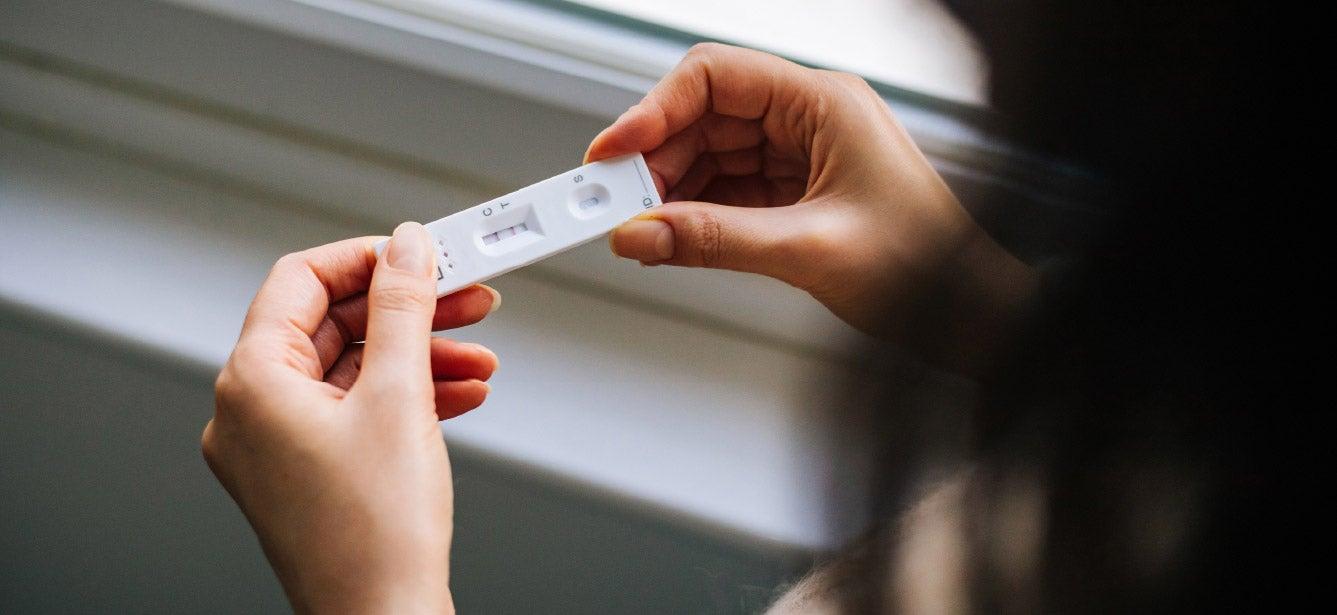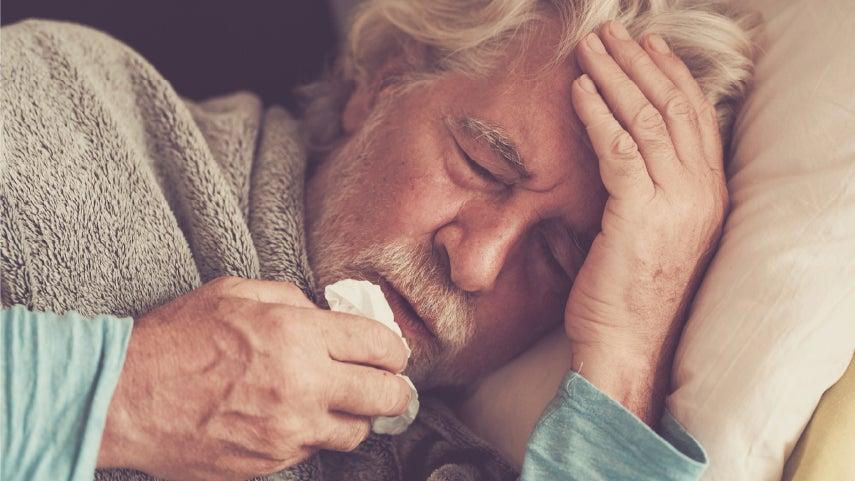
As we’re all navigating a lot of uncertainty, upsetting news, isolation, and grief, all of the self-care activities that were important for staying healthy before the pandemic may be even more critical now. Your overall health is as important as ever. The better controlled your chronic conditions, the better you’ll be able to fight the virus if you get it. Consider the following steps for managing chronic conditions during this time and into the future.
Daily movement
Even though you are staying home and doing your best to practice social distancing, remember to keep moving. Back pain, muscle tension, weight management, blood pressure, blood sugar, and even your emotional health can improve with regular movement.
- Walk around your home
- Walk around your neighborhood (while physically distancing from others!)
- Sit down and stand up from a stable chair to keep your legs strong
- Dance to your favorite music
- Take advantage of free online resources and exercise videos
Healthy eating
It is so easy to eat more often or to eat less nutrient-dense foods when we are stressed, bored, or lonely. But now more than ever, your food choices can be an important part of improving your health and strengthening your immune system.
- Add more color to your plate by eating fruits and vegetables each day
- If eating canned vegetables, rinse them in water first (to lessen the salt)
- Minimize sugary treats or high processed food (cookies, crackers, chips)
- Drink plenty of water
- Minimize sugary drinks
Health tracking
The more information you can share with your doctor, the better. As the COVID-19 pandemic continues, chronic conditions can be impacted by stress and grief. Think about ways you can monitor and record aspects of your health (some require special equipment) and bring this information to medical appointments. This will help your doctor understand your symptoms.
- Blood pressure
- Blood sugar and other factors that impact diabetes management
- Weight
- Lung function
- Changes in moods and emotions
- Pain: Where do you have pain? What is the severity of the pain on a scale of 1-10? How long does the pain last? What causes the pain? What makes it better or worse? Falls, near falls, or injuries from falls
- Episodes of nausea, vomiting, diarrhea, dizziness, chest pain, or shortness of breath
- Any other factors that are important to you
Staying connected
Although we can protect ourselves and others by staying six feet apart and not going to overly crowded public places, we can and should still stay socially connected. This will be different than it was before the pandemic. Some ways to avoid feeling isolated and how you can stay in contact with the important people in your life:
- Telephone calls
- Porch conversations. Talk with your neighbors porch to porch or porch to sidewalk.
- Family gatherings. Family members can chat through the window or from within vehicles pulled into the driveway.
- Video calls via smart phones and computers (If you aren’t comfortable with computers or do not have access to them, reach out to a younger family member to help)




